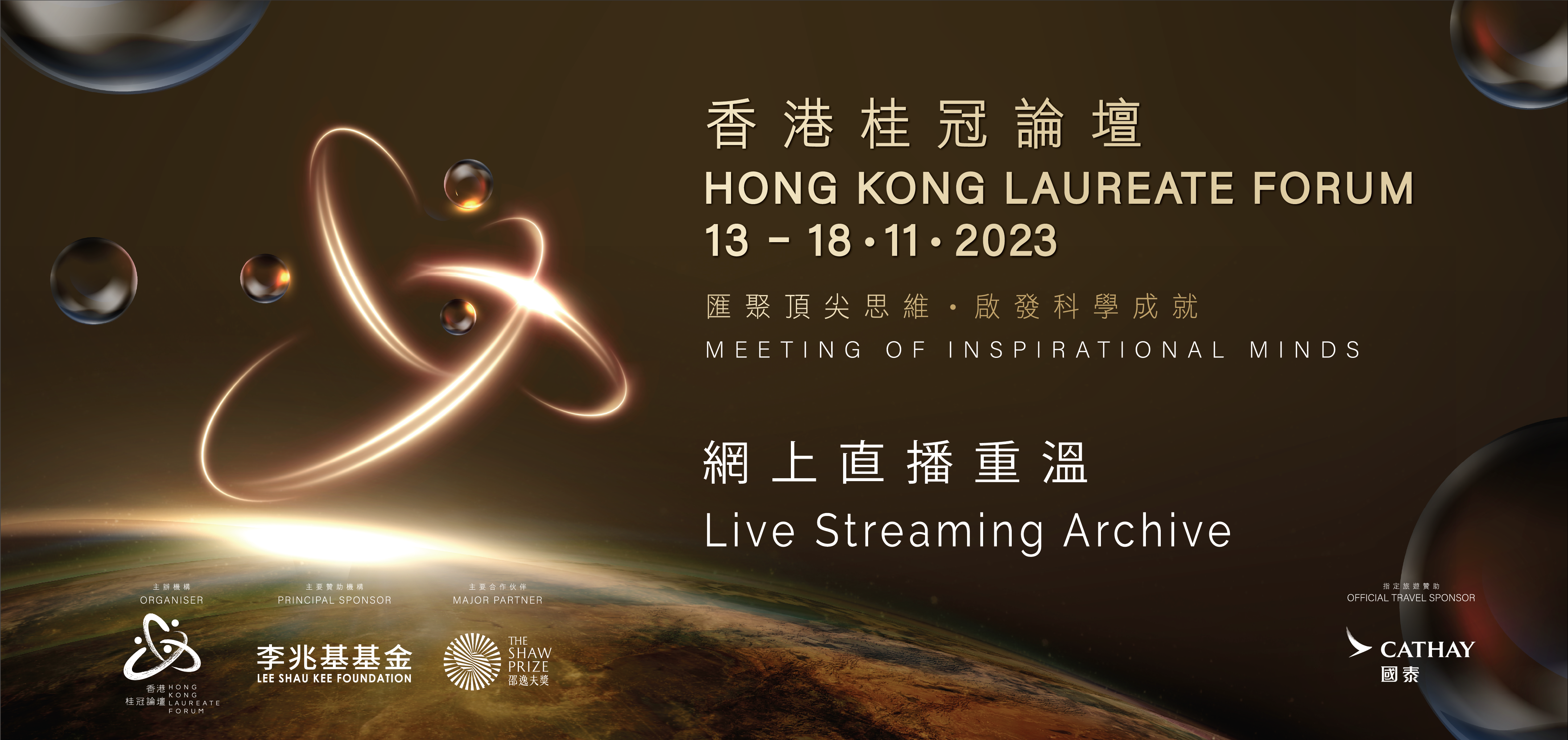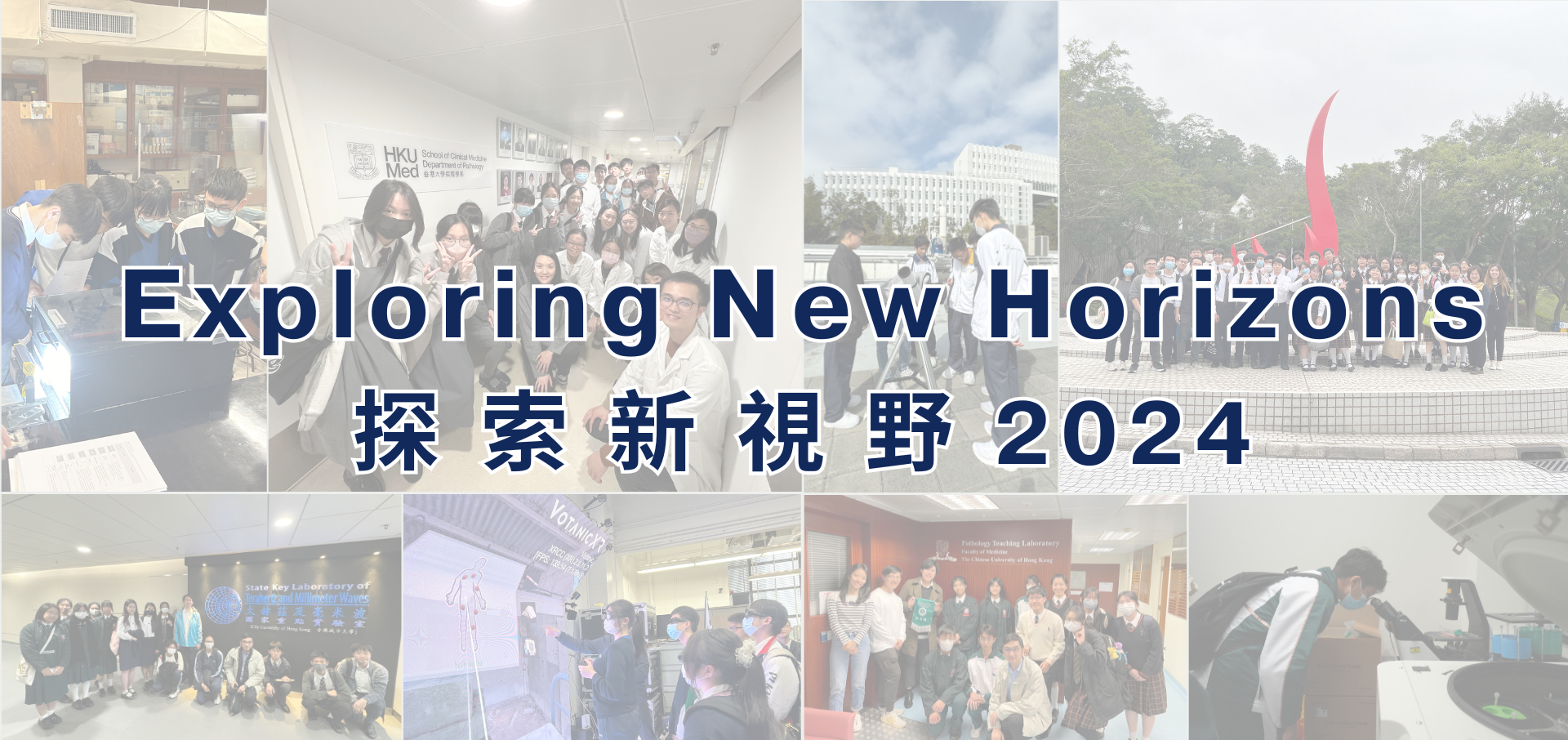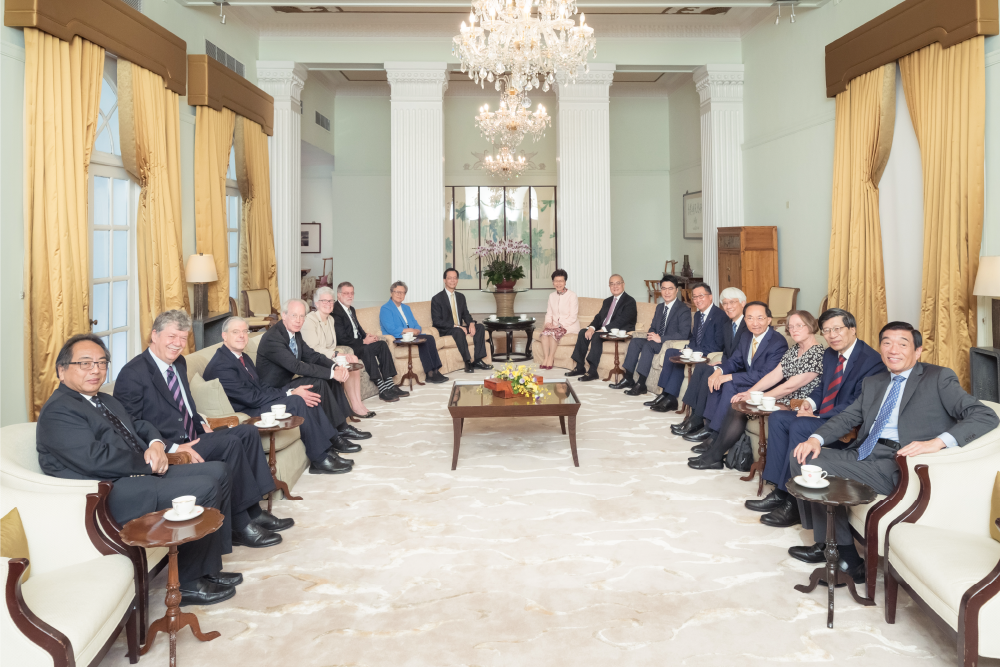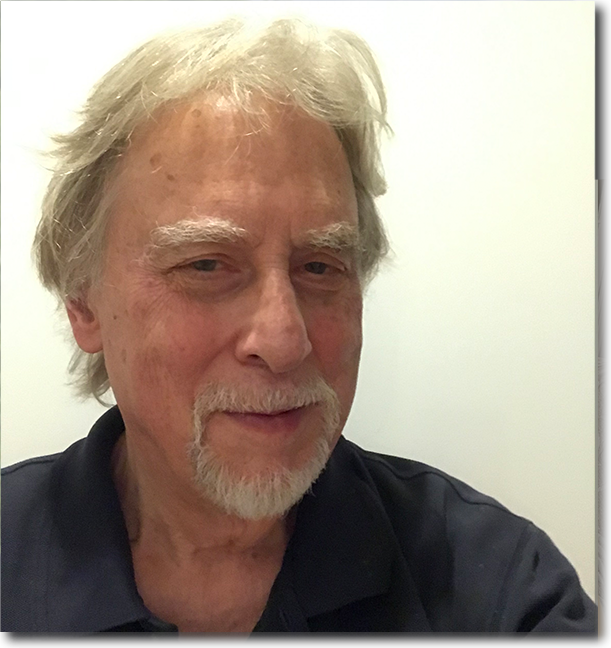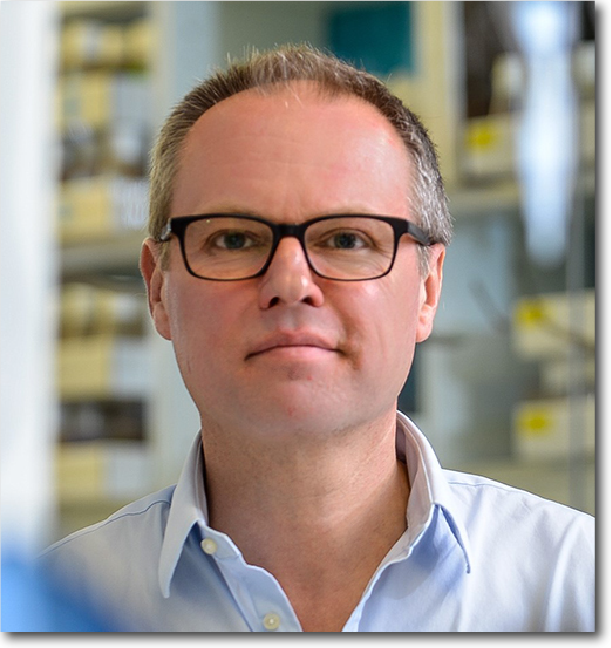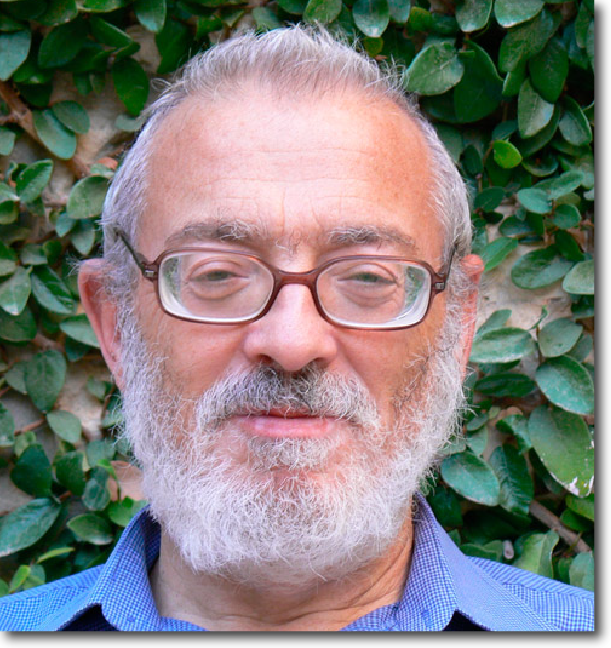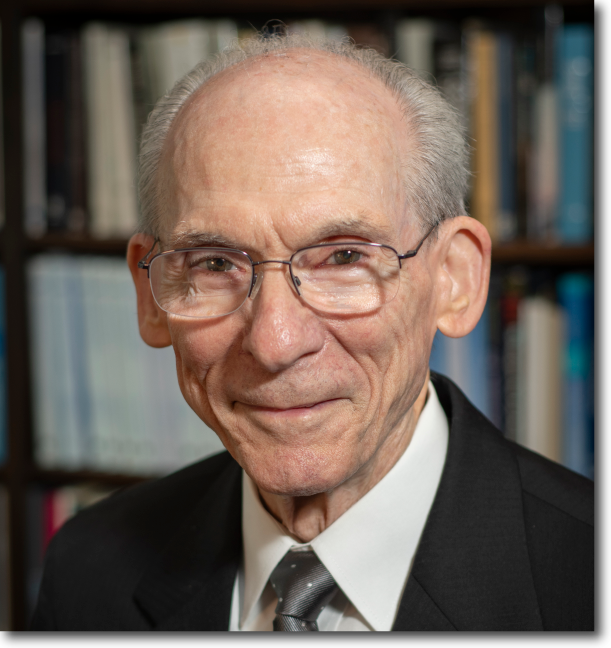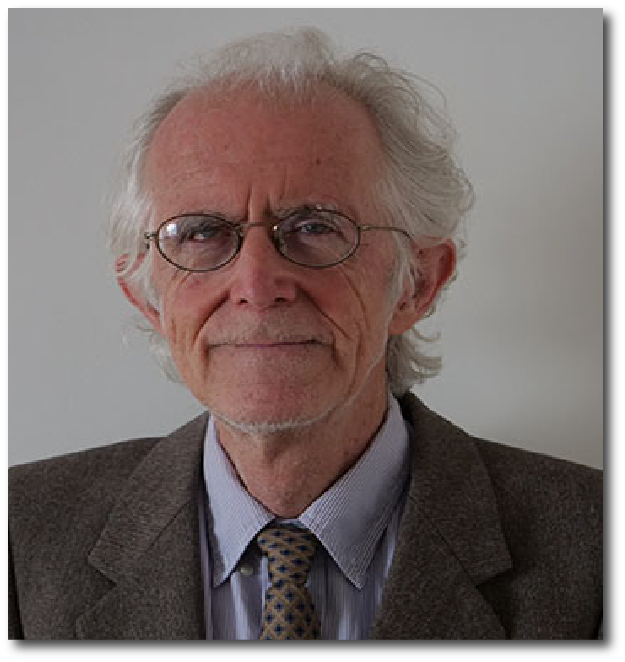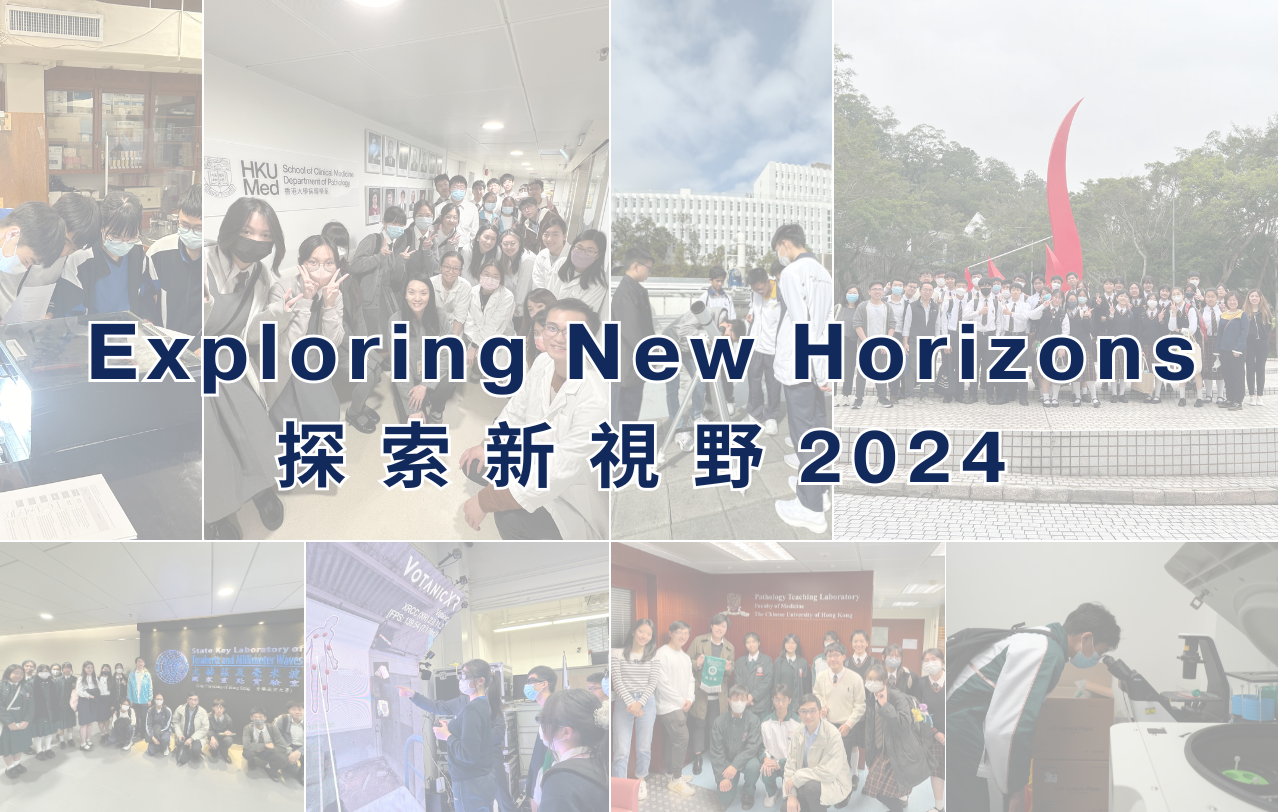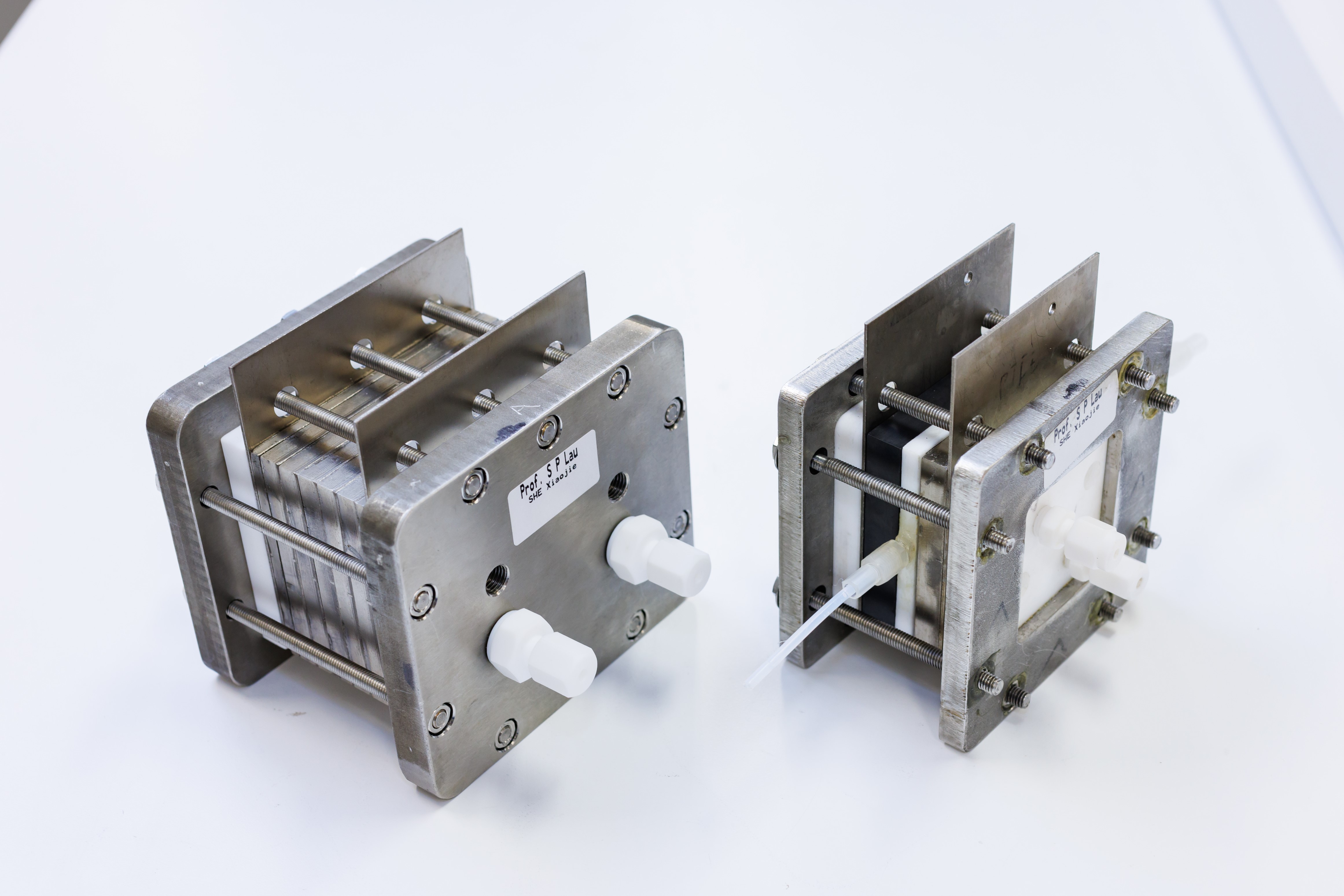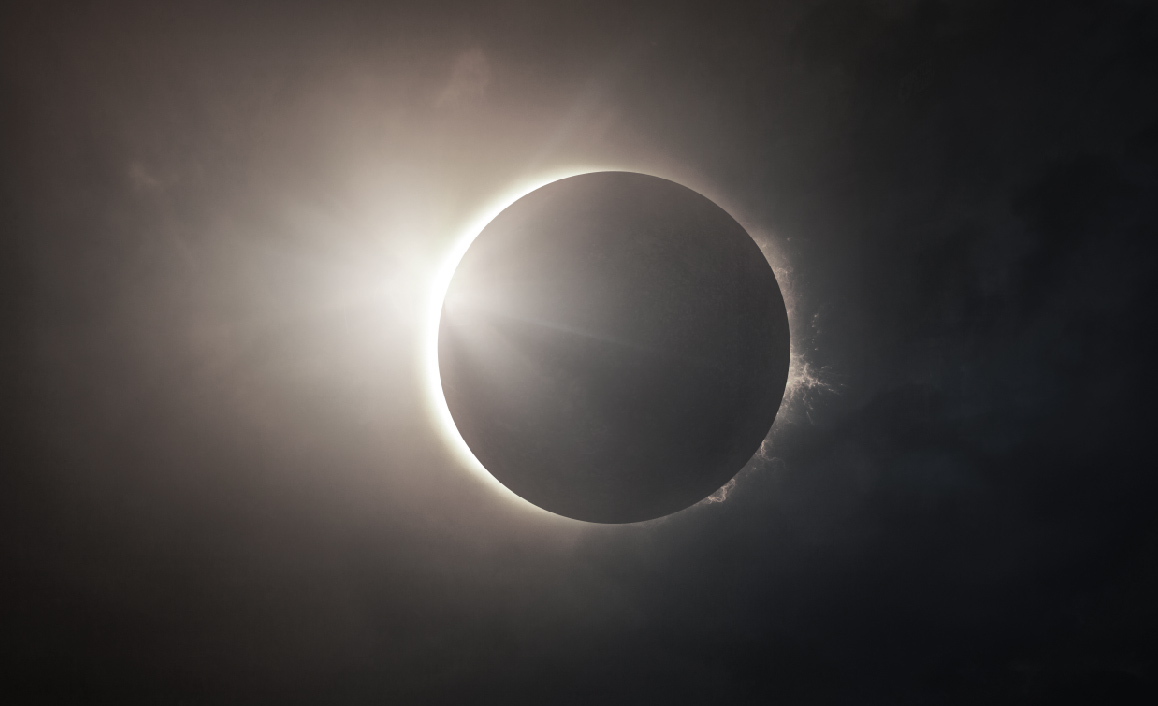On 26 December, there was an annular eclipse occurred. However, people could only see the partial eclipse in Hong Kong. What is the partial eclipse? What is the difference between it and annular eclipse? How should we observe this kind of celestial events?
A solar eclipse is an astronomical phenomenon which occurs when a portion of the Earth is engulfed in a shadow cast by the Moon which fully or partially blocks sunlight. This occurs when the Sun, Moon and Earth are aligned. Such alignment coincides with a new moon (syzygy) indicating the Moon is closest to the ecliptic plane. There are four types of solar eclipses: the total eclipse, the annular eclipse, the partial eclipse and the hybrid eclipse. An annular solar eclipse occurred on 26 December 2019. A solar eclipse occurs when the Moon passes between Earth and the Sun, thereby totally or partly obscuring the Sun for a viewer on Earth. An annular eclipse appears as a partial eclipse over a region of the Earth thousands of kilometres wide, such as in Hong Kong.
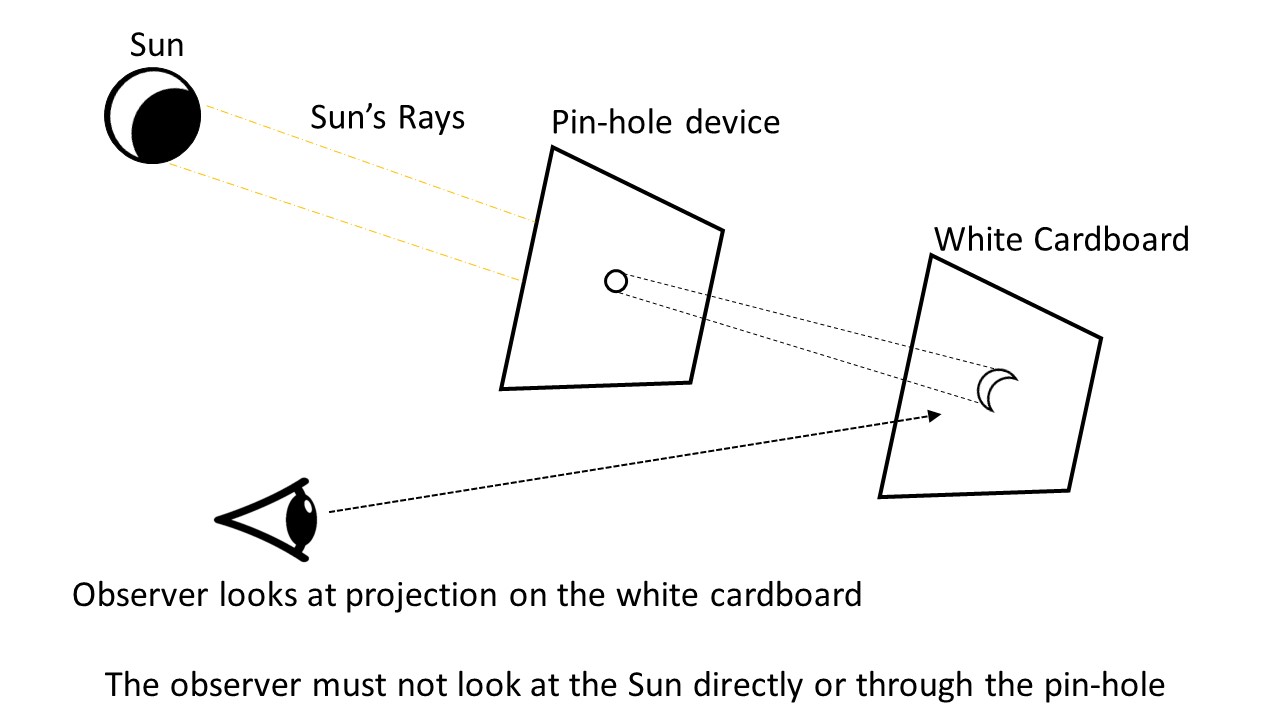
The strong sunlight would cause blindness if an observer looks at the Sun directly. A safe method to observe the solar eclipse is to project the solar eclipse image through a pin-hole device onto a white cardboard and look at the projection. A telescope can be used to replace the pin-hole device to produce clearer images but the observer must ensure that he/she looks at the cardboard only.
In 2020, it is expected to have two more solar eclipses worldwide, an annular solar eclipse on 21 June and a total solar eclipse on 14 December. However, we can only observe a partial solar eclipse in Hong Kong on 21 June. Don’t miss the chance to see this astronomical phenomenon!
Acknowledgement:
Hong Kong Observatory
Ho Koon Nature Education cum Astronomical Centre (Sponsored by Sik Sik Yuen)

